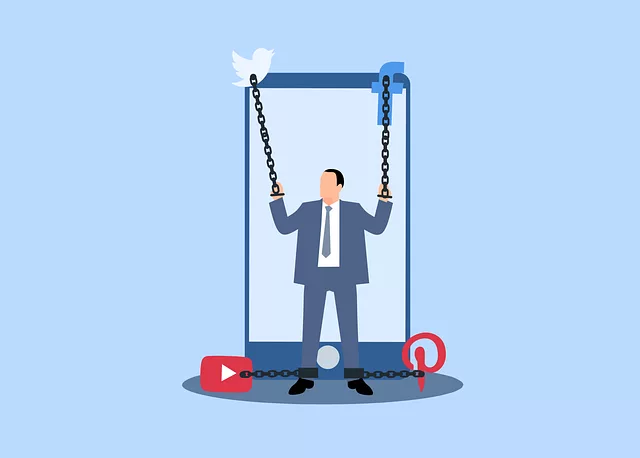Mental health professionals at Kaiser's Littleton facility navigate complex risk management for optimal patient care and staff well-being, encompassing clinical, operational, legal, and ethical aspects. They proactively identify and mitigate risks through structured programs, mindfulness practices, and staff training. Best practices include open dialogue on mental health, leveraging technology for awareness campaigns, and tailored risk strategies, fostering a resilient and effective mental health care system.
Mental health professionals face unique challenges, with risk management being a critical component of providing safe and effective care. This article explores comprehensive risk management planning tailored for inpatient facilities, focusing on the successful strategies employed by Kaiser’s Inpatient Mental Health Facility in Littleton. We delve into understanding risk assessment, identifying potential hazards, and implementing mitigation measures to create a resilient environment. By examining these practices, professionals can enhance patient safety and foster a nurturing atmosphere.
- Understanding Risk Management in Mental Health Care
- Assessing and Mitigating Risks for Inpatient Facilities
- Best Practices for Kaiser's Inpatient Mental Health Facility in Littleton
Understanding Risk Management in Mental Health Care

Mental health professionals are entrusted with caring for individuals facing complex and often delicate challenges. Effective risk management is therefore a cornerstone of their practice, ensuring both patient safety and professional well-being. This involves proactively identifying potential risks, implementing strategies to mitigate them, and regularly reviewing these measures to adapt to evolving circumstances.
At institutions like Kaiser, with inpatient mental health facilities in Littleton, comprehensive risk management planning is essential. It encompasses not just clinical aspects but also operational, legal, and ethical considerations. Burnout prevention plays a significant role through promoting work-life balance, encouraging healthy coping mechanisms, and fostering a supportive environment. Additionally, integrating practices such as Mindfulness Meditation and implementing Community Outreach Programs can enhance resilience and improve patient outcomes, creating a more sustainable and effective mental health care system.
Assessing and Mitigating Risks for Inpatient Facilities

Inpatient mental health facilities, such as those operated by Kaiser in Littleton, face unique challenges when it comes to risk management. Assessing and mitigating risks is paramount to ensuring a safe and therapeutic environment for patients. A comprehensive risk assessment should consider various factors, including individual patient histories, group dynamics, and the physical layout of the facility. Identifying potential hazards early on—such as acute mental health crises, interpersonal conflicts, or environmental dangers—is crucial for proactive management.
Facilities like Kaiser Littleton can foster a culture of resilience and inner strength development among both staff and patients through structured programs and practices. Implementing Mind Over Matter principles in daily routines and group therapies can enhance coping mechanisms and build resilience, thereby mitigating risks associated with mental health deterioration. Additionally, investing in staff training on de-escalation techniques and crisis management further reinforces a robust risk mitigation strategy, ensuring that all individuals within the facility are equipped to handle emerging situations effectively.
Best Practices for Kaiser's Inpatient Mental Health Facility in Littleton

Kaiser’s Inpatient Mental Health Facility in Littleton has established best practices that prioritize patient safety and care quality. They implement robust risk management strategies tailored to address the unique challenges of inpatient mental health treatment. One key approach is fostering an open dialogue about mental health awareness among staff, patients, and families, ensuring everyone understands the importance of early intervention and continuous support.
The facility also leverages technology to enhance mental wellness. For instance, they produce a Mental Wellness Podcast Series that provides valuable insights into various mental health topics. Additionally, they contribute to public awareness campaigns development, aiming to destigmatize mental illness and encourage seeking professional help when needed. These initiatives reflect Kaiser’s commitment to not only managing risks but also promoting Mental Health Awareness across the community.
Effective risk management planning is paramount for mental health professionals, especially within inpatient facilities like Kaiser’s center in Littleton. By understanding potential risks and implementing robust assessment strategies, practitioners can create safe environments. The best practices highlighted in this article offer a comprehensive framework for navigating challenges unique to mental healthcare. For the curious, exploring how Kaiser Littleton has successfully integrated these strategies provides valuable insights into enhancing patient care and outcomes in inpatient settings.






